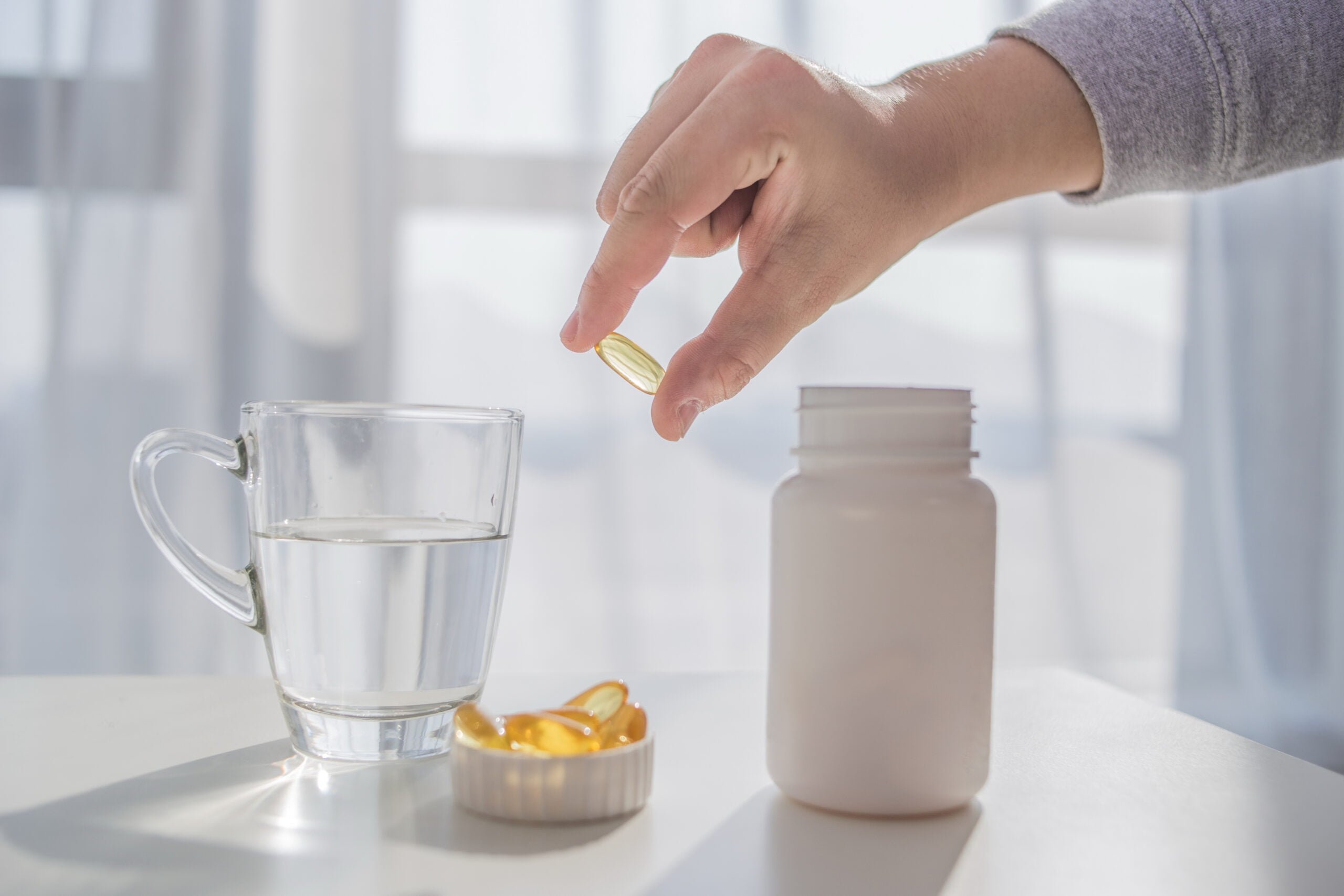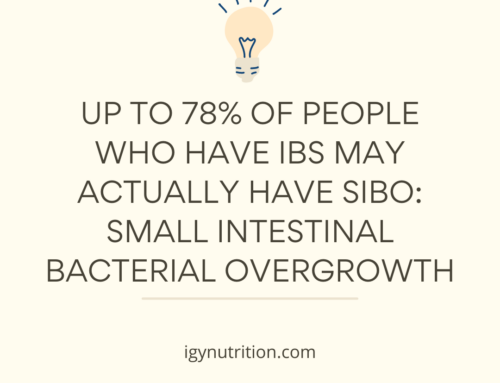There has been a lot of attention in the media about the overuse of antibiotics and the associated negative side effects. This is justified in that antibiotics affect the composition and the function of human gut microbiota, which appears as a loss of bacterial diversity and can sometimes lead to dysbiosis. These changes can be dramatic and can occur quickly upon beginning an antibiotic treatment. Often times these compositional changes are short term, but they can be long term and last as long as 12 months or longer. These effects are hard to quantify and predict as there are significant differences seen between people taking the same antibiotic at the same dosage and even in the same person taking the same course at different times. This is because many factors influence how an antibiotic will affect an individual’s microbiome, including but not limited to: route of administration (IV or oral); age; changes in diet and lifestyle; other medications being taken; and other conditions.
Considering all of the variables that can influence the effects of an antibiotic, it is difficult to predict how it will affect someone . While overuse of antibiotics is common, there are times when a course of antibiotic therapy is necessary and prescribed. So, does this mean that a disruption in microbial diversity is inevitable if you have to take antibiotics? Not necessarily. Taking probiotics and synbiotics during the course of treatment and after may help to prevent dysbiosis and rebalance microbial diversity. Studies have shown that probiotics help to offset antibiotic-associated diarrhea. Most studies conducted thus far have used a probiotic containing the lactic acid–producing bacteria such as Lactobacillus rhamnosus, or L casei, with few exceptions. Therefore, future studies will need to more clearly identify specific strains for different antibiotic treatment.
The good news is there does not appear to be any major safety concerns. Therefore, next time you are prescribed an antibiotic, don’t consider it a guarantee to a disruption in microbial balance. Speak to your health care practitioner about the possibility of consuming lactic-acid containing probiotics (either from foods or supplements) during and after the course of your treatment to help mitigate any negative side effects associated with the antibiotic. In addition, try to continue to consume a healthy, vegetable-based diet and maintain your exercise regimen, as this will also help to maintain your microbial balance.
- Mikkelsen KH., Allin KH., Knop, FK. Effect of antibiotics on gut microbiota, glucose metabolism and body weight regulation: a review of the literature. Diabetes Obes Metab. 2016;18: 444–453. doi:10.1111/dom.12637
- Hempel S, Newberry SN, Maher AR, et al. Probiotics for the prevention and treatment of antibiotic-associated diarrhea: a systematic review and meta-analysis. JAMA 2012; 307(18):1959-1969.
- Jafarnejad S, Shab-Bidar S, Speakman JR, et al. Probiotics reduce the risk of antibiotic-associated diarrhea in adults (18-64 years) but not the elderly (>65 years): a meta-analysis. Nutr Clin Pract 2016;31(4):502-




